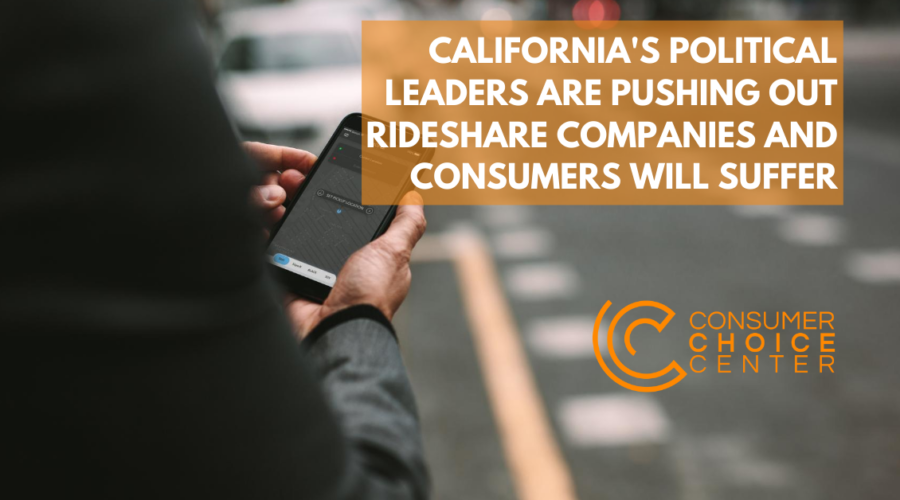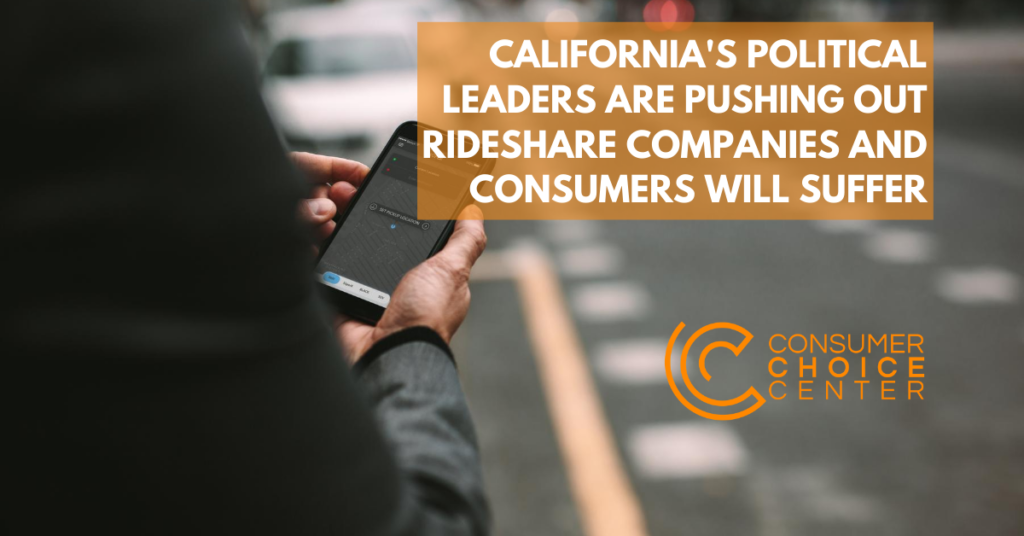Consumer group slams Toronto councillor’s ride-hailing proposal
A councillor in Canada’s largest metropolis believes road safety cannot be achieved without implementing the city’s own testing and training programs for ride-hailing drivers — even if that means putting a pause on those services indefinitely while formulating the protocols.
Kristyn Wong-Tam, Toronto Centre councillor for Ward 13, fell just short of the majority required to debate her motion that would ban the licensing of any new ride-hailing drivers until the city approves an accreditation program.
Read the full article here










